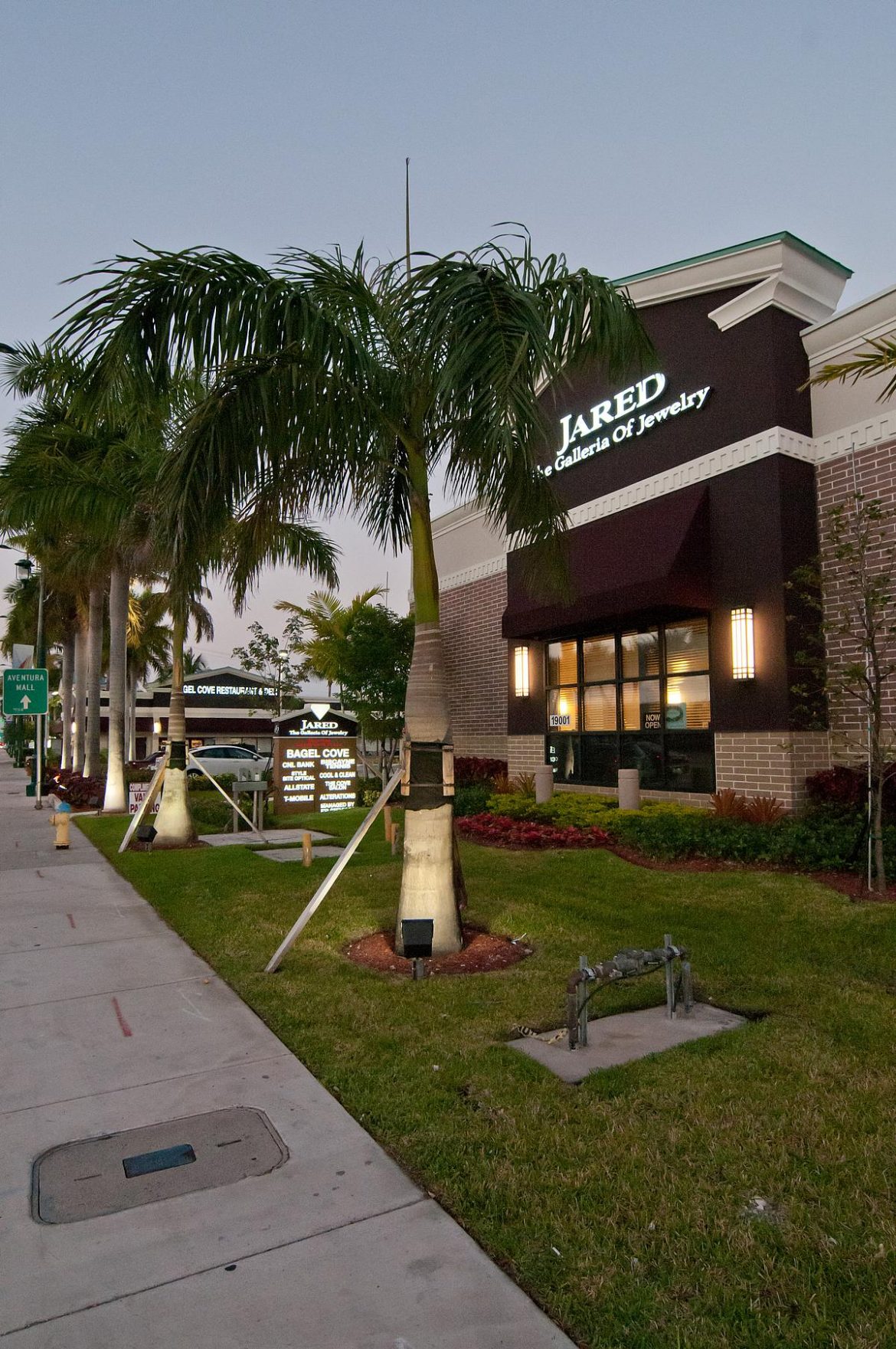
The Calta Group is targeting workforce-priced housing in Miami’s Allapattah neighborhood.
The Coral Gables-based firm plans roughly $47.2 million in purchases for development sites in Allapattah, where it wants to build multifamily projects with workforce units in two parts of the neighborhood, company co-founder Gaetano Caltagirone told The Real Deal.
For the first two phases, Calta is homing in on an Allapattah area that’s north of the completed River Landing Shops & Residences mixed-use complex.
Last week, Calta advanced its plan, paying $10 million for the first chunk of its phase one assemblage. The firm bought five adjacent lots at 1415, 1433, 1435 and 1453 Northwest 13th Terrace, as well as at 1410 Northwest 14th Street. Calta will complete this assemblage with a $7.2 million purchase of the adjacent lot at 1469 Northwest 13th Terrace, according to Caltagirone. That deal, expected to close in late January, would give Calta an acre of developable land for phase one of the project on the southwest corner of Northwest 14th Street and Northwest 13th Terrace.
Records show an entity led by a trust tied to members of the Enis family sold the five lots, which consist of two vacant sites, a one-story office building and a pair of low-rise apartment buildings with eight units combined.
The lot at 1469 Northwest 13th Terrace is owned by an entity led by Arturo Siso, managing partner at Miami-based real estate private equity firm Ailsa Capital, according to records. The site now has a seven-story office building.
For phase two, Calta plans to pay another $10 million for a pair of lots that are near the phase one assemblage. The deal is expected to close in March.
Phases one and two would consist of a pair of mid-rise buildings with mixed-income apartments, including workforce-priced units, as well as offices and retail, Caltagirone said. He declined to provide specifics on the unit count, building heights and amount of commercial space.
Farther north in Allapattah, Calta is planning phases three and four of its project near Juan Pablo Duarte Park. The firm expects to close on $20 million in development site purchases near Northwest 28th Street in January. Caltagirone also declined to identify the specific parcels and project details, though he allowed that this project would be a mid-rise multifamily development.
South Florida’s multifamily market has left many longtime locals priced out, after an influx of out-of-state residents pushed up rents to unprecedented levels.
Calta’s project would address the need for more below-market apartments, especially for students and employees at the Civic Center and Health District areas that are near Allapattah, said Caltagirone, who leads the firm with his brother, Ignazio Caltagirone.
Source: The Real Deal

